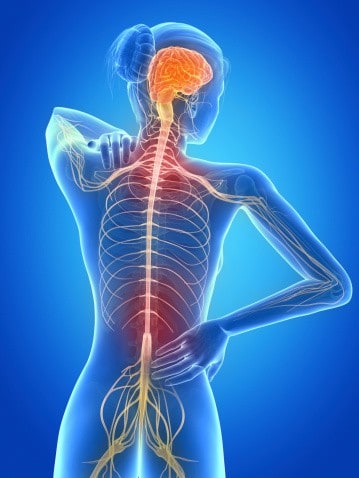
Multiple sclerosis (MS) is an autoimmune disease affecting the brain and the spinal cord that manifests itself with a reduction of motor functions. Currently, there is very little that can be done for the disease. Now new research published in the Proceedings of the National Academy of Sciences has discovered a chemical compound that may be able to reduce the symptoms of MS.
The newly identified chemical compound, called Ind-Cl, is able to stimulate the ERβ estrogen receptor. As estrogen is known to eliminate MS symptoms for pregnant women in their third trimester (when estrogen levels are at their highest) estrogen could be used to reduce MS symptoms. However, high levels of estrogen pose a higher risk for breast cancer and uterine cancers, not to mention men’s reluctance to take estrogen due to its feminizing effects.
The Ind-Cl compound is able to turn on the estrogen receptors in the body, without the negative effects of high levels of estrogen on the body.
“More encouraging is that this compound works after disease onset,” leading researcher and UC Riverside School of Medicine associate professor Seema K. Tiwari-Woodruff told UCR Today. “This makes it promising because a patient with MS typically first visits the doctor when he or she has noticed some motor deficits – loss of balance, inability to pick up an object, an impairment in vision. By this time though, the axons responsible for these motor functions have been massively affected. If a drug can be administered at this point that can help the patient gain some relief from the disease and further damage, we’d be on to something,” says Tiwari-Woodruff.










